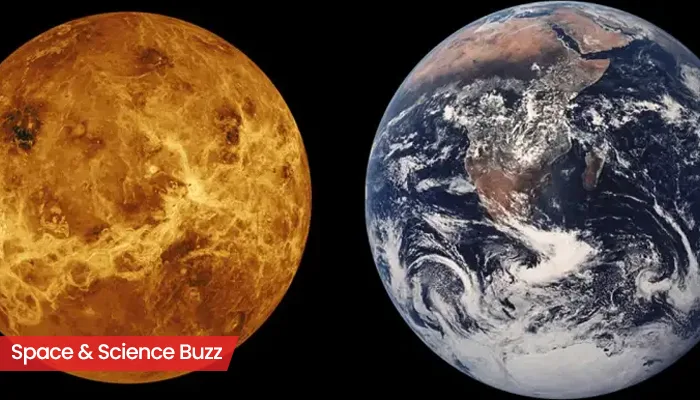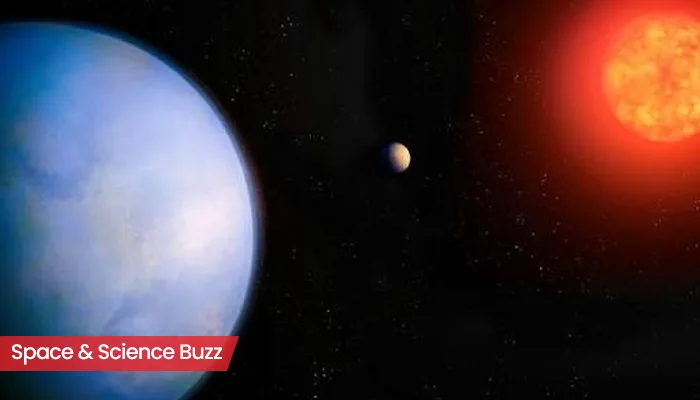
Here are today’s most important updates from the realm of Science and Space.
Rocketing Partnerships: Axiom Space Explores Indian Boost for Future Missions
US-based start-up Axiom Space is currently exploring options of utilizing Indian rockets to support upcoming international space station (ISS) mission, as confirmed by Pearly Pandya, director of Axiom's international government business. Axiom Space is currently constructing a private space station, to replace the original ISS, expected to retire around 2030. The move came after India and the US signed a Space Flight Agreement in August to work together for Axiom's upcoming mission to the ISS. Meanwhile, India has opened its space sector to private organizations and created a 10bn rupee (R2bn) venture fund to support space start-ups in this country.
Eco-Fuel Revolution: Turning Wastewater into Jet Fuel to Cut 70% Airplane Emissions

Researchers have found a way to convert wastewater into biofuel to ultimately reduce the plane emissions by 70%. The commercial aviation fuel use oil, while the alternative options are fat or grease. As 2.5% of global carbon dioxide emissions originate from aviation sector, there has been a pressing need for an eco-friendly model. This new and sustainable strategy of aviation fuel using biomass and agricultural waste scientists performed methane-arrested anaerobic digestion (MAAD) to develop butyric acid and lactic acid. These acids were further converted into Sustainable aviation fuel (SAF). As a result, organic-rich wastewater streams are getting converted into low-carbon sustainable fuel.
Earth's Rapid Thaw: New Study Uncovers Dramatic Melting After Last Ice Age

After the last global ice age, the deep-frozen Earth attained a intrinsic limit of climate change and eventually thawed to become a slushy planet, confirmed by Virginia Tech-led study. The last global ice age occurred approximately 635 - 650 million years ago, when global temperatures dropped and the polar ice caps began to creep around the hemispheres. According to the research, sudeen rise in carbon dioxide levels led to heat generation followed by ice caps recession. Over a 10 million years only, average global temperatures changed from minus 50 to 120 degrees Fahrenheit (minus 45 to 48 degrees Celsius). "Our results have important implications for understanding how Earth's climate and ocean chemistry changed after the extreme conditions of the last global ice age," said lead author Tian Gan.
Newly Discovered Dead Star Spins at Record Speed, Unleashing Fiery Blasts
News
— Black Hole (@konstructivizm) November 6, 2024
Meet the Universe's Fastest Neutron Star! pic.twitter.com/LOsTNPlYuq
(Credit - X/@konstructivizm)
Astronomers have detected a "dead star", neutron star spinning at an exceptional 716 times a second, making it the joint fastest-spinning cosmic body ever found. Moreover, the neutron star's surface is erupting with explosions as strong as detonating atomic bombs. The discovery was made possible by using NASA's X-ray telescope Neutron star Interior Composition Explorer (NICER), from the exterior of the International Space Station (ISS). The exploding speed demon neutron star is a part of the binary system 4U 1820-30, in the globular cluster NGC 6624, situated toward the heart of the Milky Way approximately 26 light-years from the Earth. This is located in the constellation of Sagittarius.



.webp)
.WEBP)
.WEBP)
.webp)
.webp)


.webp)
.webp)
.webp)